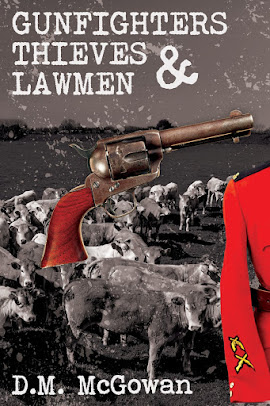I
believe it was Dave White over at “Do Some Damage” who posted a piece asking if
we are approaching the End of Fiction. Here is a short bit of his piece to help
explain;
As
many of you know, I'm a teacher, and I follow all the goings on in the
educational world. Well, there's been a major shift in the expectations for an
English class and what kids *should* read as they get older. You see, people
want kids who are ready for business. When they graduate college, kids have to
be ready for the *real world*, which-in a businessman's mind-is the business
world.
Therefore by graduation students are encouraged to spend most of
their time with “study” or that information text should constitute at least 90%
of their reading.
If this is indeed true, and from what I see around me it
certainly appears to be, this suggests a very scary future!
All of those who have been contributors in any major way to the
development or growth of mankind and our societies have had knowledge outside
their fields of expertise. This is true of Tesla, Einstein, Newton
Conversely, many of those who are considered the great fiction
writers have studied in areas outside of the arts. For example, Lewis
Carroll, David Wallace and Thomas Pynchon studied mathematics and it is
reflected in their prose.
The success of all technological, scientific, sociological
leaders or community leaders in general is their ability to think. Sometimes it
is the result of a high degree of imaginative thinking. Sometimes it is the
ability to borrow information from other fields and incorporate it within the
person’s field of expertise. But it always results from an ability to think.
How did those people develop that ability to think? True, there
may have been a certain inherent ability in this regard. However, in every case
they developed their ability to think by exercising their brain. That exercise
consisted of lifting the weights of contemplation, of repetitive, continuous
action and a refusal to be distracted.
Such exercise is an inherent part of reading (and writing, for
that matter) fiction. Is the story believable? Could it have happened that way?
Can your imagination picture the events described? Is there another possibility
that is more likely?
Those who read nothing but non-fiction don’t have the
opportunity to exercise the brain. They learn to accept what they have been
told by the “expert” who has written the journal … someone who may be an expert
writer and know only what his research has told him of the subject matter.
Someone who’s perception of the subject has perhaps been biased by something he
was told by someone who knew less than he.
Of course, it is undoubtedly easier to believe what you are
told. Believe what the politicians spout in their election ads. Believe what
the Minister of Finance tells the “great unwashed” about the state of the
countries economy. Believe what the Chiefs of Police tell you about the absence
of crime and how safe they have made the world. Believe what the federal
revenue agency says about the short-fall in funding being due strictly to
tax-payer avoidance and fraud.
Don’t read any fiction and believe what you are told. It’s much
easier. It might be expensive, but it’s easier.
Each of us, if we have the capability, has a responsibility to
contribute to the development of society and the safety of our off-spring. If
we don’t contribute we are helping to destroy it and reduce the chances of a
safe life. We are responsible because society is US.
In short (yes, I’m aware it’s too late), read fiction.








No comments:
Post a Comment